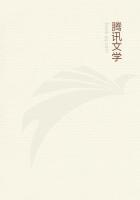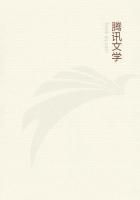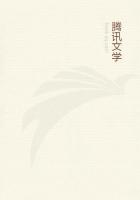This I hailed with a squeal of delight. "Want to strum?" inquired my friend, as if it was the most natural wish in the world--his eyes were already straying towards another corner, where bits of writing-table peeped out from under a sort of Alpine system of book and foolscap.
"O, but may I?" I asked in doubt. "At home I'm not allowed to-- only beastly exercises!"
"Well, you can strum here, at all events," he replied; and murmuring absently, Age, dic Latinum, barbite, carmen, he made his way, mechanically guided as it seemed, to the irresistible writing-able. In ten seconds he was out of sight and call. A great book open on his knee, another propped up in front, a score or so disposed within easy reach, he read and jotted with an absorption almost passionate. I might have been in Boeotia, for any consciousness he had of me. So with a light heart I turned to and strummed.
Those who painfully and with bleeding feet have scaled the crags of mastery over musical instruments have yet their loss in this,--that the wild joy of strumming has become a vanished sense. Their happiness comes from the concord and the relative value of the notes they handle: the pure, absolute quality and nature of each note in itself are only appreciated by the strummer. For some notes have all the sea in them, and some cathedral bells; others a woodland joyance and a smell of greenery; in some fauns dance to the merry reed, and even the grave centaurs peep out from their caves. Some bring moonlight, and some the deep crimson of a rose's heart; some are blue, some red, and others will tell of an army with silken standards and march-music. And throughout all the sequence of suggestion, up above the little white men leap and peep, and strive against the imprisoning wires; and all the big rosewood box hums as it were full of hiving bees.
Spent with the rapture, I paused a moment and caught my friend's eye over the edge of a folio. "But as for these Germans," he began abruptly, as if we had been in the middle of a discussion, "the scholarship is there, I grant you; but the spark, the fine perception, the happy intuition, where is it?
They get it all from us!"
"They get nothing whatever from US," I said decidedly: the word German only suggesting Bands, to which Aunt Eliza was bitterly hostile.
"You think not?" he rejoined, doubtfully, getting up and walking about the room. "Well, I applaud such fairness and temperance in so young a critic. They are qualities--in youth--as rare as they are pleasing. But just look at Schrumpffius, for instance--how he struggles and wrestles with a ****** {GREEK gar} in this very passage here!"
I peeped fearfully through the open door, half-dreading to see some sinuous and snark-like conflict in progress on the mat; but all was still. I saw no trouble at all in the passage, and I said so.
"Precisely," he cried, delighted. "To you, who possess the natural scholar's faculty in so happy a degree, there is no difficulty at all. But to this Schrumpffius--" But here, luckily for me, in came the housekeeper, a clean-looking woman of staid aspect.

